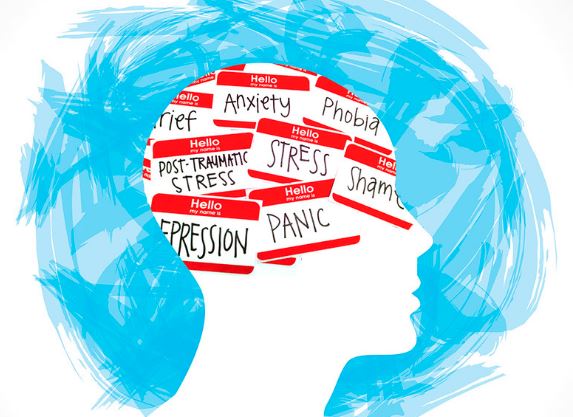Mental health awareness is crucial for promoting well-being, reducing stigma, and improving the quality of life for individuals and communities. Understanding and addressing mental health issues is essential for creating supportive environments where people can thrive. Here’s why mental health awareness is so important and how it can make a difference:
The Importance of Mental Health Awareness
**1. Reducing Stigma and Discrimination
- Promote Understanding: Mental health awareness helps to educate people about mental health conditions, reducing misconceptions and stereotypes. This promotes empathy and understanding towards individuals facing mental health challenges.
- Combat Discrimination: By increasing awareness, we can challenge and change discriminatory practices and attitudes that contribute to the marginalization of individuals with mental health issues.
**2. Encouraging Early Intervention
- Identify Warning Signs: Awareness helps individuals recognize the early signs of mental health conditions, enabling them to seek help before issues become more severe.
- Promote Preventive Measures: Educating people about mental health encourages preventive measures and proactive approaches to maintaining mental well-being.
**3. Supporting Access to Resources
- Increase Accessibility: Raising awareness can lead to improved access to mental health resources and services. This includes therapy, counseling, and support groups that are essential for managing mental health conditions.
- Promote Resource Utilization: Awareness campaigns can inform individuals about available resources, helping them navigate and utilize services effectively.
**4. Improving Quality of Life
- Enhance Well-being: Mental health awareness contributes to better overall quality of life by promoting healthy coping strategies, self-care practices, and stress management techniques.
- Support Personal Growth: Understanding mental health can empower individuals to take control of their mental well-being, leading to personal growth and improved life satisfaction.
**5. Fostering Supportive Environments
- Create Safe Spaces: Awareness encourages the creation of environments where individuals feel safe discussing mental health issues without fear of judgment or reprisal.
- Encourage Support Networks: By fostering a culture of openness, mental health awareness helps build strong support networks of family, friends, and colleagues.
**6. Addressing Workplace Mental Health
- Promote Well-being at Work: Awareness in the workplace leads to better mental health practices, reducing stress and improving overall job satisfaction and productivity.
- Implement Supportive Policies: Organizations can develop and implement mental health policies and programs, such as Employee Assistance Programs (EAPs) and mental health days.
**7. Enhancing Education and Advocacy
- Educate Future Generations: Incorporating mental health education into school curriculums helps young people understand and manage their mental health from an early age.
- Advocate for Change: Awareness drives advocacy efforts to influence policies and create systemic changes that support mental health care and services.
**8. Promoting Self-Care and Resilience
- Encourage Self-Care: Awareness campaigns often include self-care strategies, such as mindfulness, exercise, and healthy eating, which contribute to maintaining mental health.
- Build Resilience: Understanding mental health helps individuals develop resilience and coping skills to handle life’s challenges more effectively.
**9. Supporting Research and Development
- Advancing Knowledge: Increased awareness can lead to more funding and support for mental health research, contributing to the development of better treatments and interventions.
- Promote Innovation: Awareness can drive innovation in mental health care, leading to new approaches and solutions for managing mental health conditions.
**10. Encouraging Open Conversations
- Normalize Discussions: Raising awareness helps normalize conversations about mental health, making it easier for individuals to share their experiences and seek help without feeling isolated.
- Break Down Barriers: Open dialogue about mental health issues helps break down barriers to seeking help and reduces the sense of isolation that individuals may feel.
Final Thoughts
Mental health awareness is a vital component of building a supportive, inclusive, and healthy society. By promoting understanding, reducing stigma, and increasing access to resources, we can improve the lives of individuals and communities. Embracing mental health awareness not only benefits those directly affected but also strengthens the overall well-being of society. Through education, advocacy, and open conversations, we can foster a culture where mental health is prioritized and supported.

